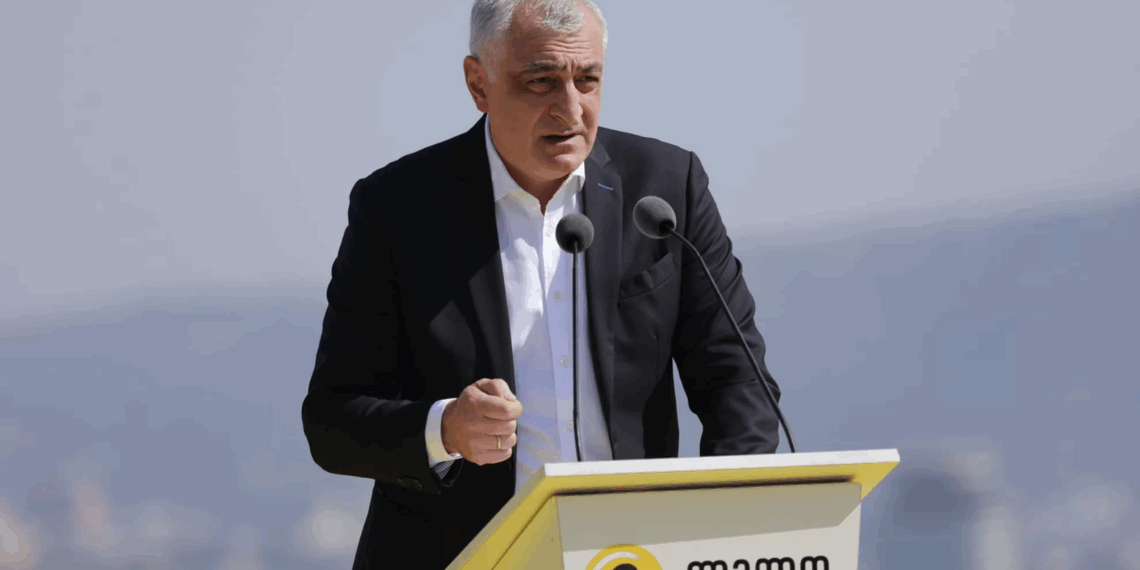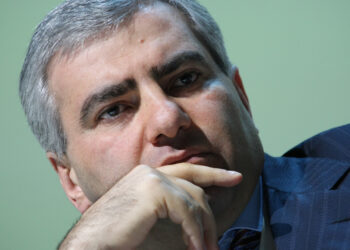TBILISI (Realist English). Mamuka Khazaradze, leader of the opposition Lelo party, urged Georgia’s fragmented opposition to take part in the upcoming municipal elections on October 4, warning that a boycott would hand international legitimacy to the ruling Georgian Dream party and its informal leader, Bidzina Ivanishvili.
Speaking on TV Pirveli, Khazaradze argued that abstaining would allow Ivanishvili to showcase the elections as democratic. “If the united opposition does not participate, he will bring in observers and say: ‘Look at the elections I held!’ He won’t even need to rig them,” he said.
Khazaradze claimed the ruling party would simulate competition through satellite groups founded by its former members, creating the illusion of pluralism. “If we don’t unite and resist, we will cede cities like Tbilisi, Rustavi, and others — places where Georgian Dream couldn’t win — without a fight,” he said, referencing opposition victories in urban centers during the last parliamentary elections.
According to official results, opposition candidates outperformed the ruling bloc in key cities including Tbilisi, Batumi, Kutaisi, Poti, Zugdidi, and Tsalenjikha — though the opposition rejected the outcome as illegitimate.
Khazaradze emphasized that Lelo’s Strong Georgia coalition would not run alone and called for a joint decision on whether to contest or boycott the vote. “This is not the moment for fragmentation,” he said.
His remarks drew criticism from Tamar Chergoleishvili, leader of the Federalists party, who accused him of positioning Lelo as the dominant opposition force. She argued that participation would serve to “normalize” a political crisis and embolden the ruling party.
Tensions in the opposition camp have intensified: Anna Dolidze’s For the People party and the Freedom Square movement recently exited the Strong Georgia coalition. Former President Salome Zourabichvili, now leading the Resistance Platform, has also urged a boycott unless snap parliamentary elections are held.
Zourabichvili cited the presence of over 60 political prisoners, lack of judicial independence, and Georgian Dream’s ongoing crackdown on media and civil society as evidence that free and fair elections are currently impossible.
The October vote is becoming a key test of whether Georgia’s opposition can unite around a common strategy — or fall further into disarray.


















